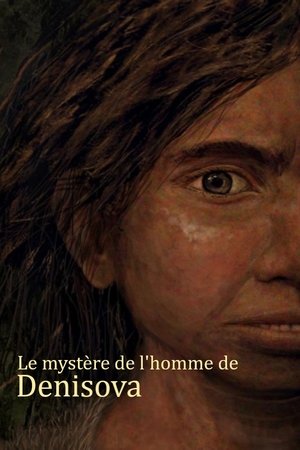The Age of Transitions

The Age of Transitions
HomePage
Overview
The cutting edge group known as transhumanists see a beautiful future brought about by artificial intelligence, life extension, and cybernetics. What one must realize before getting carried away with such utopian dreams is that transhumanism was born out of the elitist pseudo-science eugenics. This documentary provides vital information on the history of eugenics and its new cutting edge transformation.
Release Date
2009-01-01
Average
0
Rating:
0.0 startsTagline
Converging technology, transhumanism, and our future in the making
Genres
Languages:
EnglishKeywords
Similar Movies
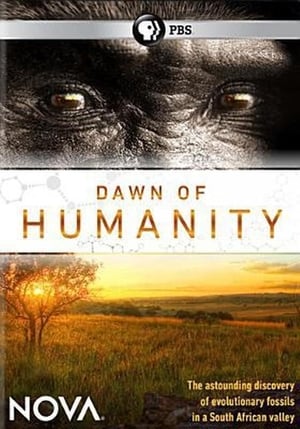 7.5
7.5Dawn of Humanity(en)
Nova and National Geographic present exclusive access to an astounding discovery of ancient fossil human ancestors.
 0.0
0.0The First Class(en)
An intimate verité film that follows students and educators at a groundbreaking new high school in Memphis. Their inspiring journey shows what learning can look like—and accomplish—when a city comes together to rethink what high school can be.
 7.3
7.3Out Of Europe(de)
Looking at whether the history of early human evolution should be rewritten. For decades, most experts have been convinced that Africa is the cradle of mankind and many fossil finds from Kenya, Ethiopia, South Africa and Chad seemed to prove it.
Future My Love(en)
Directed and narrated by Maja Borg, Future My Love is a unique love story challenging our collective and personal utopias in search of freedom.
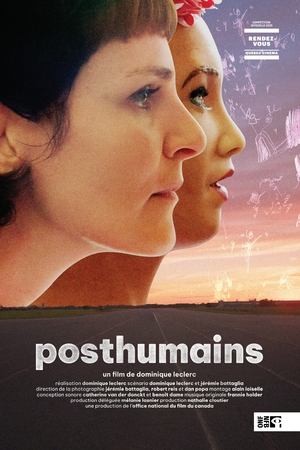 8.0
8.0Posthumans(fr)
Director Dominique Leclerc spent years depending on medical devices for her survival. Then, looking for alternative solutions, she entered the world of emerging technologies. Posthumans follows her as she meets with cyborgs, biohackers, and transhumanists who are trying to use these technologies to outsmart illness, aging—and even death. The documentary looks at pressing ethical and political questions that are sure to impact the future of our species.
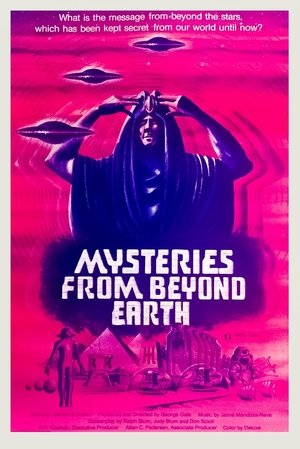 3.0
3.0Mysteries from Beyond Earth(en)
Narrator Lawrence Dobkin examines unusual paranormal activities and conspiracy theories in several eerie segments. Subjects include flying saucers and alien encounters, the disappearance of Atlantis, the Bermuda Triangle and the origins of Bigfoot, telekinesis, witchcraft, and the unusual notion that human evolution and technology might have been moved forward with assistance from intelligent extraterrestrial beings.
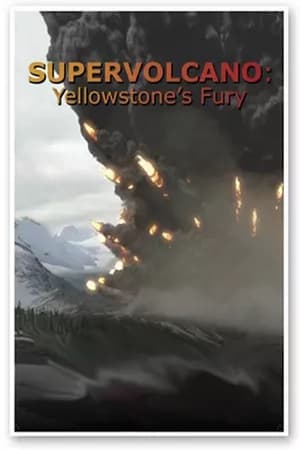 5.0
5.0Supervolcano: Yellowstone's Fury(en)
For over a century, tens of millions of visitors have marveled at the natural beauty of Yellowstone National Park. But, beneath all this beauty lurks a beast. Yellowstone sits directly above one of the largest volcanic systems on Earth. For the past two million years, this supervolcano has erupted roughly every 600,000 years. The last major eruption occurred 640,000 years ago. So, is it overdue for another eruption? There have been disturbing signals... Supervolcano: Yellowstone's Fury examines the cataclysmic effect an eruption would have on the world. It would be the largest natural disaster in recorded history. NYU Earth Scientist Michael Rampino warns, "An eruption like Yellowstone could trigger the end of civilization as we know it." For experts, the question is not if there will be another eruption, but when. University of Toronto geologist John Westgate agrees: "There will be a very large-scale supervolcanic eruption from Yellowstone. That's a fact."
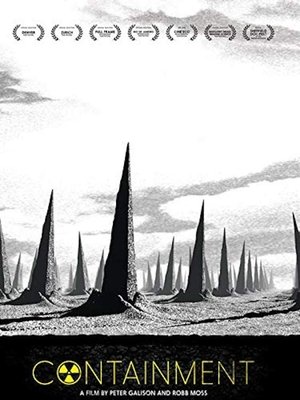 4.8
4.8Containment(en)
Every nuclear weapon made, every watt of electricity produced from a nuclear power plant leaves a trail of nuclear waste that will last for the next four hundred generations. We face the problem of how to warn the far distant future of the nuclear waste we have buried --but how to do it? How to imagine the far-distant threats to the sites, what kinds of monuments can be built, could stories or legends safeguard our descendants? Filmed at the only American nuclear burial ground, at a nuclear weapons complex and in Fukushima, the film grapples with the ways people are dealing with the present problem and imagining the future. Part observational essay, part graphic novel, this documentary explores the idea that over millennia, nothing stays put.
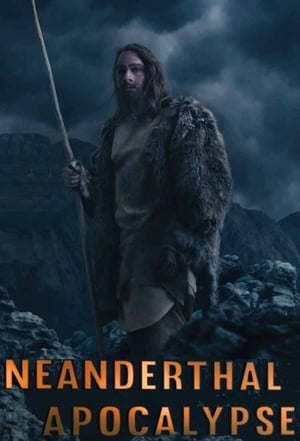 7.0
7.0Neanderthal Apocalypse(en)
40, 000 years ago the steppes of Eurasia were home to our closest human relative, the Neanderthals. Recent genetic and archaeological discoveries have proven that they were not the dim-witted cave dwellers we long thought they were. In fact, they were cultured, technologically savvy and more like us than we ever imagined! So why did they disappear? We accompany scientists on an exciting search for an answer to this question and come to a startling conclusion …
Inhuman: The Next and Final Phase of Man is Here(en)
INHUMAN: THE NEXT AND FINAL PHASE OF MAN IS HERE is not fiction or a mockudrama. but a new investigative documentary from the internationally acclaimed team at Defender Films and Raiders News Productions. Inhuman travels the globe to unveil for the first time how breakthrough advances in science, technology, and philosophy—including cybernetics, bioengineering, nanotechnology, machine intelligence, and synthetic biology—are poised to create mind-boggling game-changes to everything we have known until now about Homo sapiens.
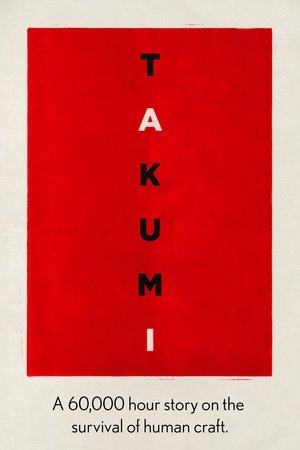 9.0
9.0Takumi: A 60,000 Hour Story on the Survival of Human Craft(en)
There is a popular theory that it takes at least 10,000 hours of focused practice for a human to become expert in any field. In Japan, there are craftspeople who go far beyond this to reach a special kind of mastery. These people are called Takumi and they devote 60,000 hours to their craft. That's 8 hours a day, 240 days a year, for over 30 years. It's an almost superhuman level of dedication to a life of repetition and no shortcuts. This film asks the question: Will human craft disappear as artificial intelligence reaches beyond our limits?
 3.8
3.8Confessions of a Time Traveler: The Man from 3036(en)
A main claiming to be from the future explains what we can expect from the next decades, in a frightening glimpse of what's to come.
 6.3
6.3Temples of Dreams(fi)
Documentary about Finnish film theaters - about their past, disappearance and future. And at the same time universal story how cinema is undeniably connected with life.
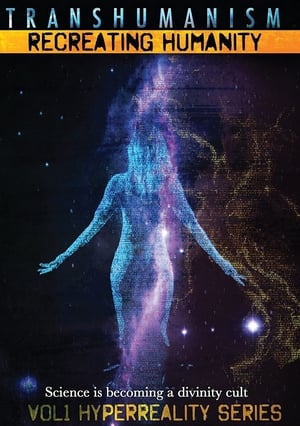 0.0
0.0Transhumanism: Recreating Humanity(en)
The immense leap in technological advancement is changing the way we live, learn, interact, and believe. We have become completely dependent on technology, and it is changing us. The change isn't going to stop. This film investigates some of the underlying motivations of the Transhumanist movement, its spirituality, and how it will affect every person alive today, and tomorrow.
 7.5
7.5Immortality or Bust(en)
Winner of the BREAKOUT AWARD at the 2019 Raw Science Film Festival, Immortality or Bust follows Zoltan Istvan's Transhumanist Party presidential campaign to its final, and revealing conclusion.
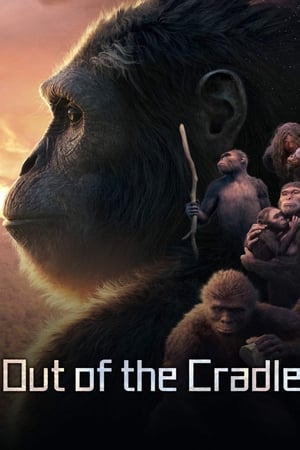 7.6
7.6Out of the Cradle(en)
How did humanity's earliest ancestors evolve into one of the most successful species on Earth? An extraordinary journey tracing the footsteps of early hominids. Using the latest paleoanthropological findings mixed with the latest CGI from Square Enix, this story is finally told.
The Mind's Big Bang(en)
The events and coincidences that led to rapid advances in human intelligence 50,000 years ago.
TimeWave Zero(en)
Terence McKenna gives us a detailed description of his TimeWave concept and a demonstration of the software Terence originated in his early exploratory period of deep study with the I Ching, the ancient oracular Chinese Book of Changes. He proudly takes us on a biographical tour of our culture from his personal library in the early 80's to what he saw the TimeWave project to 2012. Terence describes the Time Wave as his "only original work". The first part of this piece is the first visual description of Terence's unique theory. The second chapter of the tape astounds the viewer with the display of the the historical resonances that demonstrates how the last 4000 years are compressed into the increasingly speeded up, drawn and squeezed collective thoughts of the "Gaian matrix". Terence McKenna partnered with Sound Photosynthesis' media magicians Faustin Bray and Brian Wallace at the helm to create the visuals that dance and spiral with Terence's every suggestion.
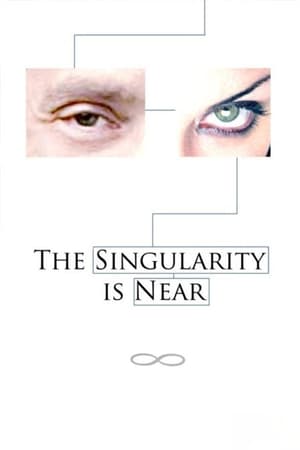 6.2
6.2The Singularity Is Near(en)
The onset of the 21st Century will be an era in which the very nature of what it means to be human will be both enriched and challenged as our species breaks the shackles of its genetic legacy and achieves inconceivable heights of intelligence, material progress, and longevity. While the social and philosophical ramifications of these changes will be profound, and the threats they pose considerable, celebrated futurist Ray Kurzweil presents a view of the coming age that is both a dramatic culmination of centuries of technological ingenuity and a genuinely inspiring vision of our ultimate destiny.
